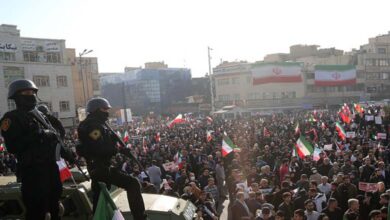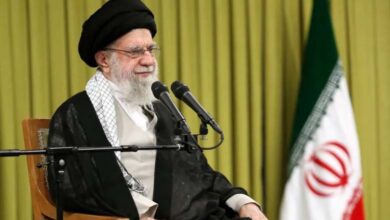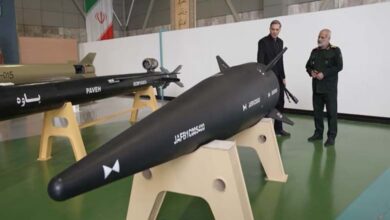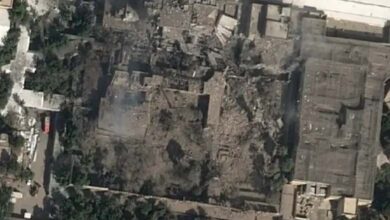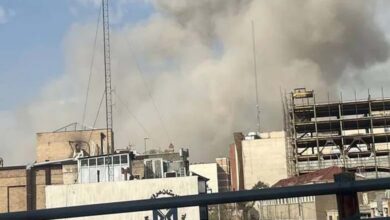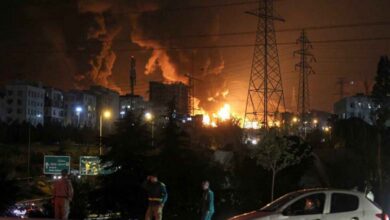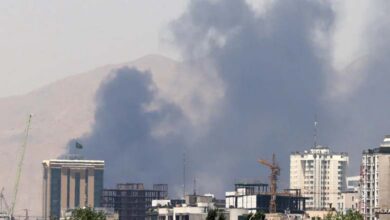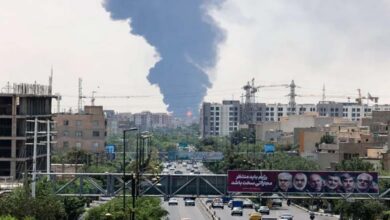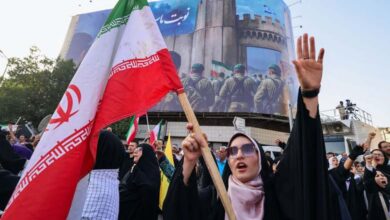Iran bans surprise inspections of their nuclear facilities
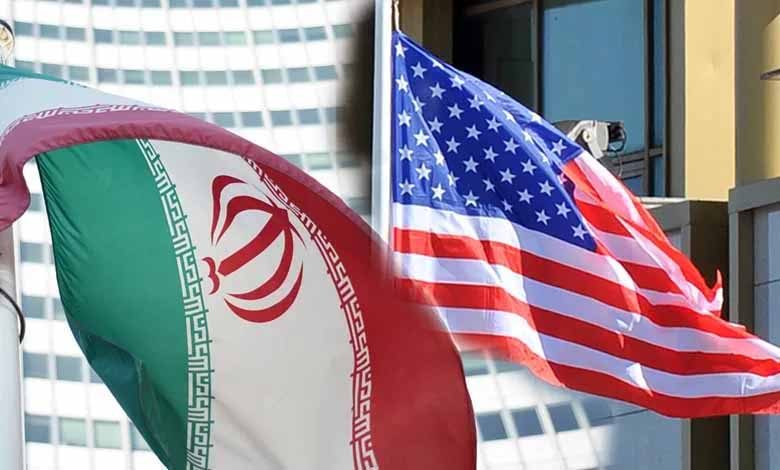
Iran has imposed restrictions on UN inspections of their nuclear facilities, threatened to increase uranium enrichment, and suspected factions have fired missiles at Iraqi bases with US soldiers, coinciding with Washington’s offer of talks with Tehran to revive the 2015 nuclear deal.
In response to the recent “escalatory” Iranian moves, the United States and their allies Britain, France and Germany showed “studied calm” about Tehran’s actions.
American and European officials said that this response, or the absence of a tangible response, reflects a desire not to delay the diplomatic initiative in the hope that Iran will return to the negotiating table or that the effectiveness of American sanctions will continue if this does not happen.
Iran has repeatedly called on the US to ease sanctions imposed after former President Donald Trump withdrew from the deal in 2018, and said it would end its breaches of the deal.
An American official spoke to Reuters on condition of anonymity, saying : “No matter how much they think the United States should lift the sanctions first, it won’t happen.”
The official added that if Iran wants the United States to resume its commitment to the agreement, “the best way to do that, but the only way is to sit at the table where these matters are discussed.”
Two European diplomats also said they did not expect the United States, Britain, France and Germany to put more pressure on Iran at the moment, despite what they described as “provocations” on their part.
One diplomat stated that the current policy was to condemn and avoid anything that could shut the door on diplomacy, adding, “We have to move carefully. We have to wait to see if the three European countries can maneuver between Iran’s rush and the United States’ reluctance to see if we have a way forward.”
In the last week, Iran has reduced its cooperation with the International Atomic Energy Agency, including the termination of unannounced inspections of suspected nuclear-related sites.
A report from the United Nations International Atomic Energy Agency (IAEA) said Iran started enriching uranium by 20%, exceeding the 3.67% limit agreed in the 2015 agreement.
The Iranian leader said Tehran could raise the percentage to 60% if it wants to close the 90% purity needed to make an atomic bomb.
The main point of the agreement is that Iran will reduce its uranium enrichment program so that it becomes more difficult to store enough fissile material to produce a nuclear weapon in exchange for easing the burden of the US economic sanctions and other sanctions that are in effect.
While the United States says it is still investigating rockets fired at Iraqi bases last week that have US forces in Iraq, there are suspicions that these rockets were carried out by factions working for Iran.
Confirming the American position of restraint, Ned Price, spokesman for the State Department, said on Monday that Washington is “deeply upset” at the attacks, but it will not rush and respond in the time and place it chooses.
On Wednesday, Price told reporters that the United States will not wait forever, pointing out that “our patience is not without borders.”


